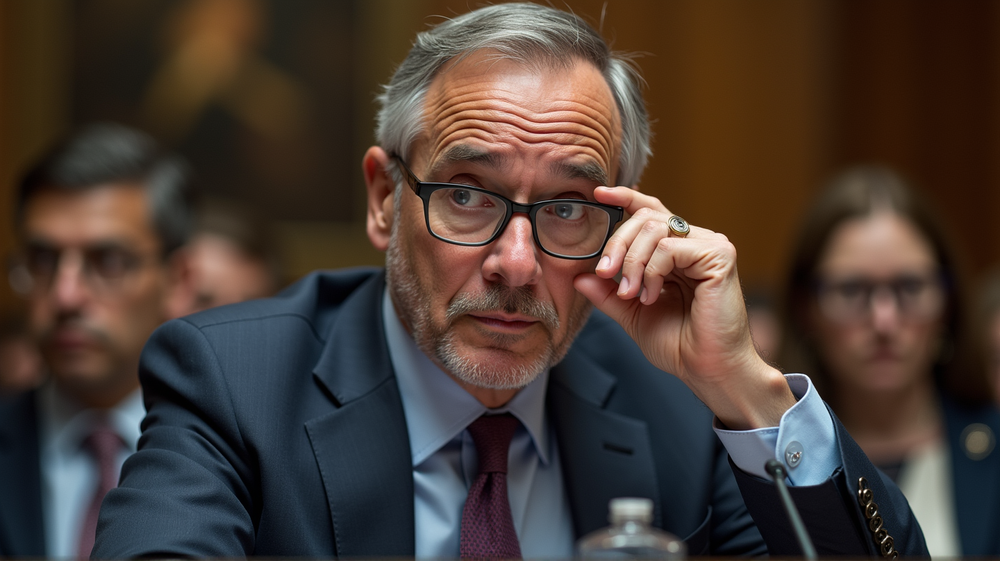In a controversial turn of events, the Trump administration’s decision to impose sanctions on Francesca Albanese, a U.N. Special Rapporteur known for her outspoken stance on Israel’s policies in Gaza, has spiraled into a contentious international discourse.
Shock and Defiance in Sarajevo
Francesca Albanese, currently en route to commemorate the tragic 1995 Srebrenica genocide, expressed shock upon learning of the sanctions. In an emotional interview, she asserted that such measures reveal “guilt, not power” on the part of the United States. Her words resonated deeply, as she highlighted the plight of Palestinians in Gaza who face ongoing adversity, emphasizing that the sanctions intend to suppress voices defending the voiceless.
Diplomatic Tensions and Global Repercussions
The sanctions come amidst escalating tensions due to Israel’s offensive on Gaza, which according to Gaza’s Health Ministry has led to over 57,000 Palestinian deaths, predominantly women and children. The U.N. investigator dubbed the ongoing crisis in Gaza a “genocide,” a term that has fueled intense debates worldwide. As stated in AP News, the United Nations and allied human rights organizations criticized the U.S. action as a dangerous precedent sidelining justice and transparency.
A Larger Political Stage
Against the backdrop of Israeli Prime Minister Netanyahu’s visit to Washington, these sanctions underscore a broader diplomatic theater. Netanyahu’s discussions with President Trump focused on a ceasefire agreement, while international legal battles loom, with Netanyahu facing charges from the International Criminal Court.
A Call for Unity and Courage
Albanese’s plea was forthright: reject fear, advocate for Palestinian independence, and challenge geopolitical norms that silence justice. Her defiance symbolizes a larger call to action for global observers and policymakers to re-evaluate their stance in the face of human rights violations.
The Impact on Global Governance
With the U.S. having already withdrawn from the U.N. Human Rights Council, the nature of international cooperation is under scrutiny. The U.N. and multiple rights organizations publicly voiced their opposition to the U.S. move, urging for engagement rather than isolation in human rights discussions.
The global community remains in a precarious state, with calls for action growing louder. Francesca Albanese’s story serves as both a rallying cry and a somber reflection on the challenges of advocating for the oppressed in a world where politics often overshadow humanitarian needs.












